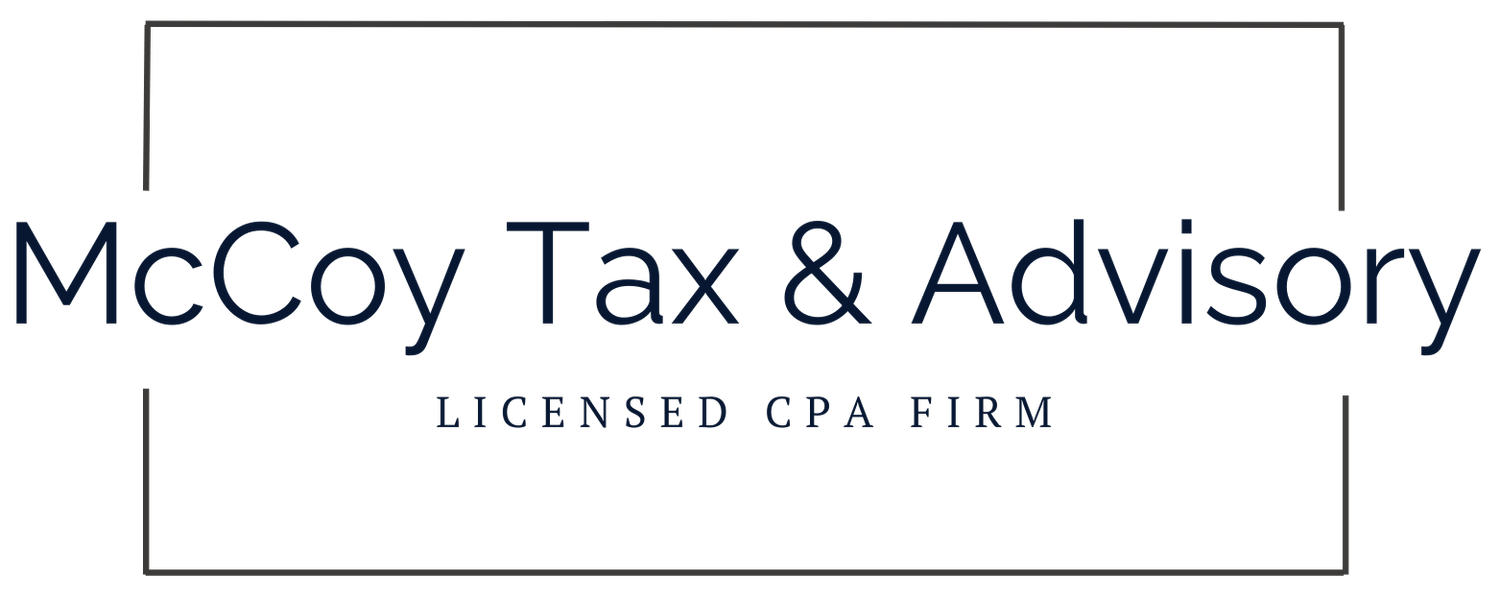Record Retention Guide
How Long Should You Keep Tax Records?
Storing tax records and other financial documents is essential for both businesses and individuals, but determining how long to keep these records can be confusing. Here’s a breakdown of recommended time frames for storing business and personal documents, along with tips on how to store them securely.
Business vs. Personal Record Retention
Business Records to Retain
1 Year: Routine documents such as correspondence with vendors, duplicate deposit slips, and requisitions.
3 Years: Employee records after termination, expired insurance policies, and internal audit reports.
6 Years: Accident reports, accounts payable/receivable ledgers, payroll records, and bank statements.
Forever: Audit reports, tax returns, legal documents, corporate records, deeds, and financial statements.
Personal Records to Retain
1 Year: Bank statements, paycheck stubs (after W-2 reconciliation), and monthly financial statements.
3 Years: Credit card statements, medical bills (in case of insurance disputes), and utility records.
6 Years: Tax return supporting documents, accident reports, property records, and wage garnishments.
Forever: Legal records, income tax returns, pension records, and investment confirmations.
Creating a Backup Set of Records
With the digital age, it’s easier than ever to keep a backup set of important records. Most financial institutions offer electronic statements and documents, allowing you to store them in digital form. If your original records are paper-based, you can scan them and store them electronically on an external hard drive, CD, or DVD. Be sure to label your storage devices for easy identification later.
Using Online Backup for Extra Security
For extra protection, consider using an online backup service. This is particularly useful because it stores your records off-site. If your area experiences a natural disaster, like a hurricane or flood, your data will be safe. Online storage solutions provide peace of mind that your files are preserved in a different region.
Protect Yourself from Identity Theft
When it’s time to dispose of old tax records, financial statements, or other documents with sensitive information, it’s important to do so securely. Simply throwing these documents in the trash leaves you vulnerable to identity theft. Instead, shred the documents before disposal to prevent unauthorized access to your personal information.
Specific Timeframes for Business Records
Here’s a closer look at specific categories of business records and how long they should be retained:
Keep for 1 Year:
Purchase orders (non-essential copies)
Stockroom withdrawal forms
Stenographer’s notebooks
Keep for 3 Years:
Time cards for hourly employees
Expired insurance policies
General correspondence and petty cash vouchers
Keep for 6 Years:
Canceled checks
Employment tax records
Expense analysis reports and bank reconciliations
Accounts payable/receivable ledgers
Sales records and inventory reports
Keep Forever:
CPA audit reports
Tax returns and supporting worksheets
Corporate documents such as charters and bylaws
Deeds, legal records, and property appraisals
Personal Records Retention Guidelines
For personal financial records, these are the key timeframes to consider:
Keep for 1 Year:
Bank statements
Paycheck stubs (until reconciled with W-2)
Keep for 3 Years:
Credit card statements
Medical bills (in case of insurance disputes)
Utility records
Keep for 6 Years:
Supporting documents for tax returns
Accident reports, property records, and tax-related medical bills
Keep Forever:
Legal records and important correspondence
Income tax returns
Investment trade confirmations and retirement records
Special Circumstances for Record Retention
Certain situations call for different retention schedules. For instance, you should keep car records until the vehicle is sold and mortgage documents for six years after the loan is paid off. Warranties and instruction manuals should be kept for the life of the product. Additionally, stock and bond records should be retained for six years after you sell them.
Staying organized and knowing how long to keep your records will save you headaches during tax time and help you avoid issues if your records are ever needed in the future. Creating electronic backups and using secure methods of disposal are essential steps in safeguarding your financial information.
By following these guidelines, you’ll ensure your documents are well-organized, secure, and available when needed.
